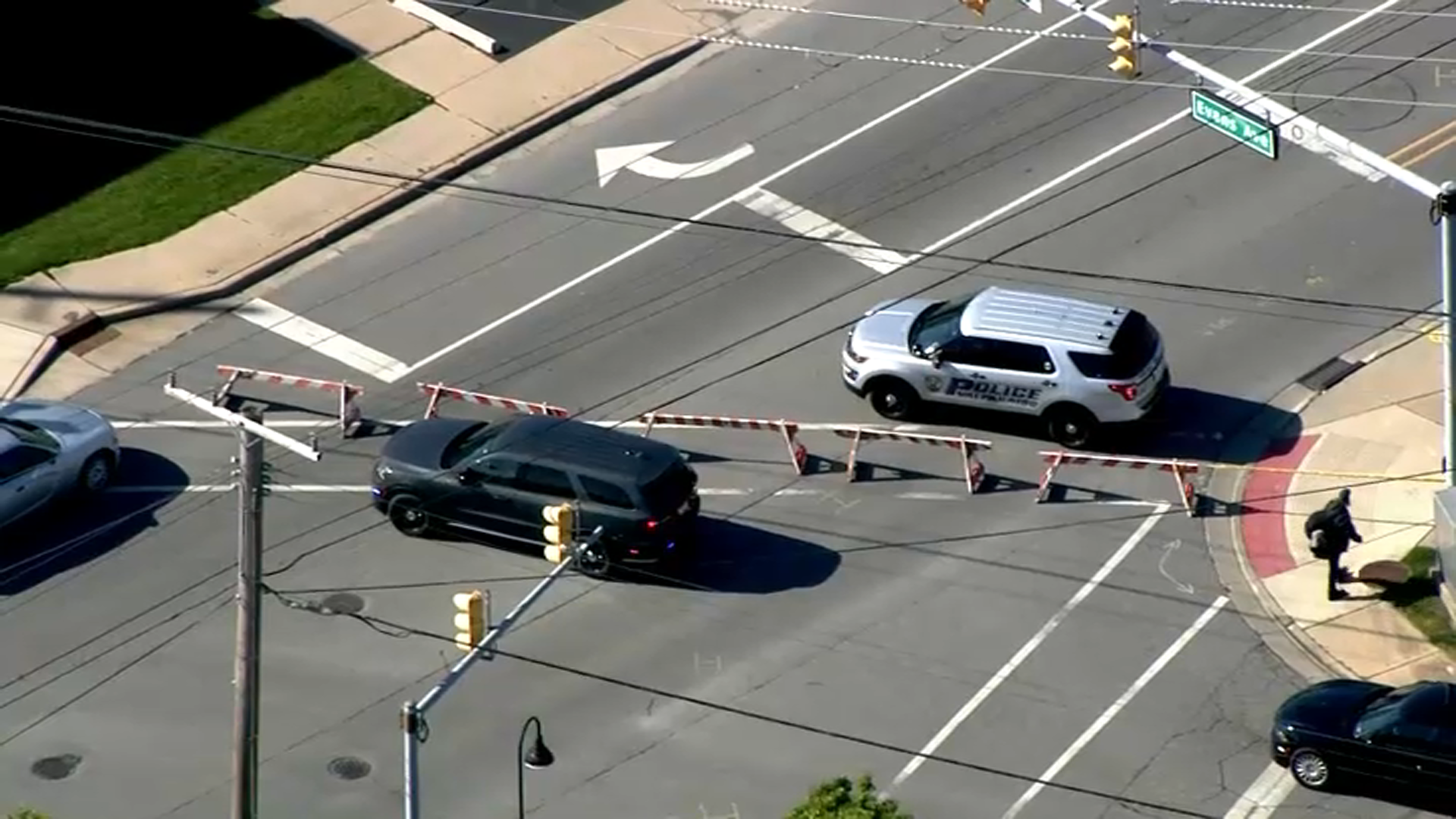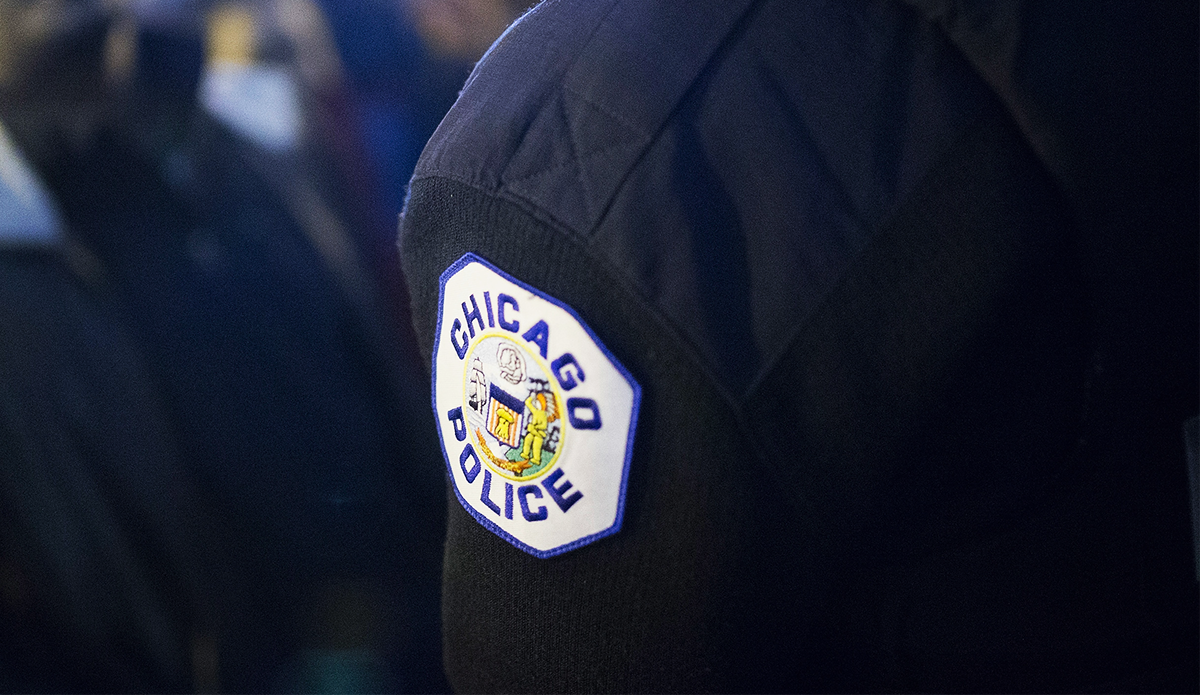President Donald Trump and Joe Biden were locked early Wednesday in a razor-thin race in Wisconsin as vote-counting stretched into the predawn hours and the nation’s eyes turned to the same Midwestern battlegrounds that decided the election four years ago.
With nearly all votes counted, Biden had a lead of sixth-tenths of a percentage point over Trump, a margin narrow enough to allow Trump to request a recount if it stands.
More than 1.9 million people voted early, either by mail or in person, because of the coronavirus pandemic. That flood of ballots extended the counting past 4 a.m. Wednesday. Those ballots take longer than a regular ballot to process, and the counting could not begin until the polls opened Tuesday, delaying the reporting of results.
After totals were updated Wednesday morning, Biden expanded his lead to more than 20,000 votes out of nearly 3.2 million cast.
Trump led earlier in the night, fueled by in-person voting results, but the 169,000 outstanding ballots from Milwaukee and ballots from other cities broke heavily for Biden.
“When all votes are counted, we’re confident that Joe Biden will win Wisconsin," tweeted Ben Winkler, chairman of the state Democratic Party.
Biden outperformed Hillary Clinton's totals from 2016 in urban areas while Trump did better in small towns and rural areas than he did four years ago.
Local
It was not the first time absentee ballots from Milwaukee could be a difference maker in a high-profile race. Absentee ballots in Milwaukee delivered the 2018 race for governor to Democrat Tony Evers over Walker late in the night that year.
No matter who wins Wisconsin, the 10 electoral votes will not be enough to put either Biden or Trump over the 270 electoral votes needed to win.
Trump carried Wisconsin by fewer than 23,000 votes in 2016, and the race figured to be just as close this year. There are no automatic recounts in Wisconsin. Only a candidate who is within 1% of the winner can request a recount, which Trump could do in this case unless the narrow margin widened once all the votes were in.
Three of the past five presidential elections in Wisconsin were decided by less than a percentage point. Trump, in 2016, was the first Republican presidential candidate to win the state since 1984. Polls leading up to the election had shown Biden with a larger lead, just as they had for Clinton four years earlier.
In 2000, Al Gore won Wisconsin by just 5,708 votes over George W. Bush, a difference of just 0.22%. Trump’s win in 2016 was 0.77% and was subject to a recount requested by the Green Party candidate Jill Stein.
In that recount, Clinton gained 713 votes, and Trump picked up 844, resulting in a net increase for Trump of 131 votes.
The Milwaukee absentee votes were among a record-high 1.9 million cast before Election Day. Then more than 1 million people voted in person Tuesday, despite surging coronavirus cases in Wisconsin that also drove the absentee voting. The total votes were expected to break the record high turnout of the 2012 election.
Wisconsin decided the 2016 presidential election and both campaigns made it a focus this year. Trump made four stops in Wisconsin in the final 10 days of the race, while Biden came once.
Overall turnout looked to be nearly 3.2 million, which would be the highest ever in Wisconsin. The previous high was slightly over 3 million in 2012.



